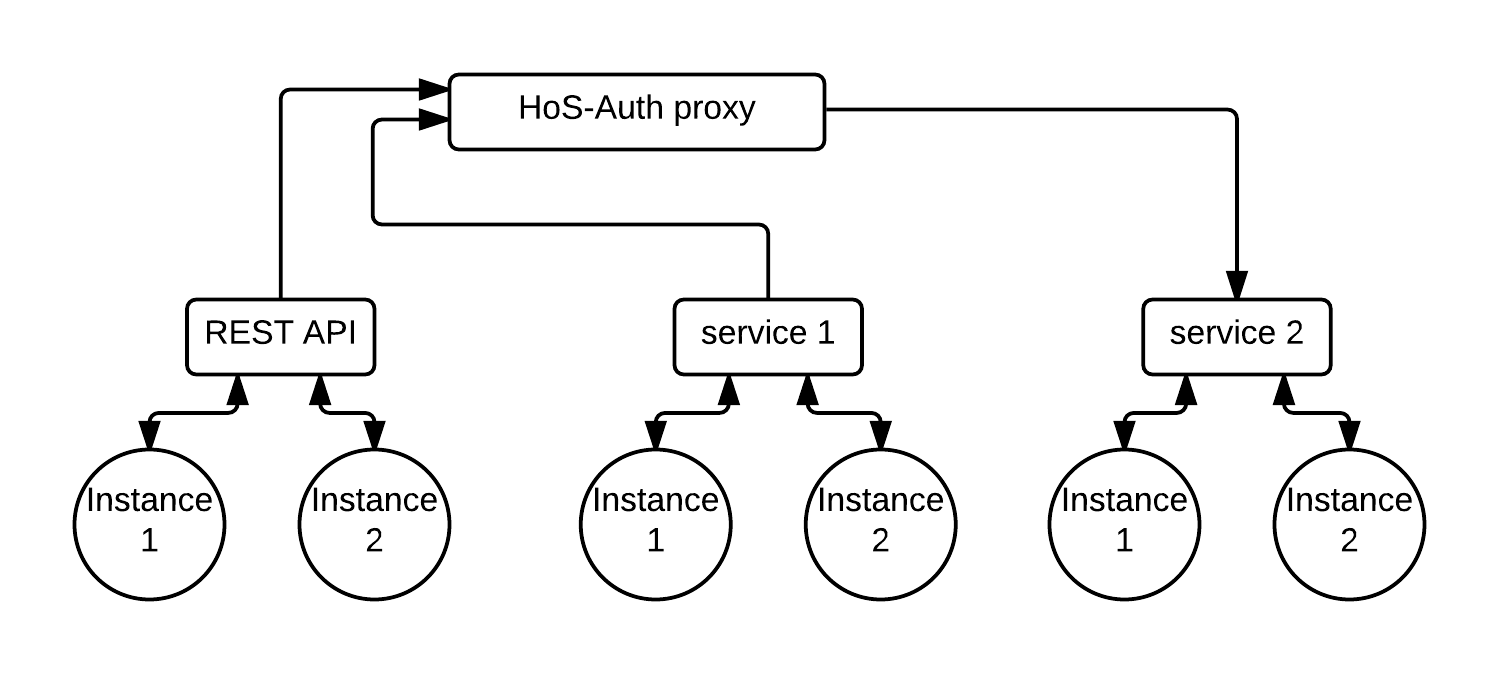
SCALE DYNAMICALLY
What is HoS?
HoS is a micro-service based, dynamically scalable operating environment that can be used both as a web framework or service base operations.
Specifications :
-
Fast implementation alongside with fast response rate; using RabbitMQ as a glew to tie up services together.
-
Ability to implement each particular instance of a services in different languages; variety of programming languages can be beneficial just for a certain part of your service, connect them all together.
